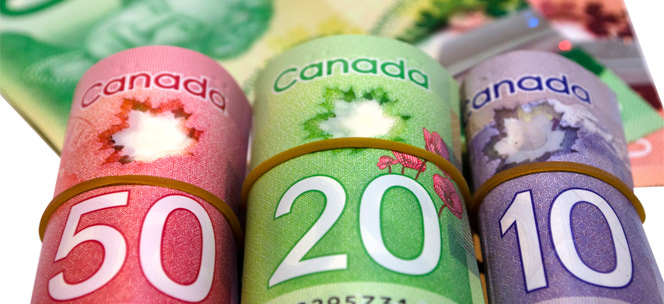Sask Prudence Pays Off

That may sound like common sense, but consider how savings can come not just from avoiding inefficient and foolish spending in the first place, but from how interest costs are calculated on governments debt.
Recently, Moody’s Investors Service, an internationally respected credit rating company, looked at the Saskatchewan government’s finances and decided to increase the government’s credit rating.
In plain English, the firm has told the lending community that there’s not much risk associated with loaning funds to the Saskatchewan government. As a result, more investors will be willing to loan money to the Saskatchewan government and this will drive down borrowing costs for the government as it refinances existing debt.
Something similar happens for individuals. If you routinely pay your bills on time, you can negotiate a lower interest rate as your credit rating goes up. Conversely, if you max out your credit card and miss payments, the credit card and mortgage companies will get very nervous about loaning you money and will charge you a higher interest rate.
For the Saskatchewan government, the Moody’s announcement was a huge feather in its cap.
While it’s difficult to pin down an exact amount in annual savings related to the credit rating increase, the Saskatchewan government has noted that it has saved over $600 million since 2007 due to paying off over $3 billion in debt. That savings has helped the government reduce taxes for Saskatchewan taxpayers.
The government’s situation would be like you reducing your credit card debt from $8,000 to $4,000. You’ll save money from having less outstanding debt to pay interest on, but at the same time, the credit card companies are now only charging you 10 per cent interest on your balance instead of 12 per cent; a double whammy in savings!
Some have tried to discredit the Saskatchewan government for its debt repayment accomplishments. Many try and dismiss it as simply a result of oil revenues and royalties from potash, uranium and other resources. Without a doubt, those revenues help, but the government has still made some wise choices.
The government could have sat back and let the bureaucracy expand while approving all kinds of spending ideas put forward by the ‘spendaholic’ crowd. But they didn’t. The government has actually reduced the bureaucracy by over 1,900 positions in the last several years. At the same time they’ve partnered with the private sector to reduce costs for various services.
The Saskatchewan government could easily have taken the path followed by both Manitoba and Ontario (now affectionately known as “Ontariowe”) and racked up record debt levels. Those provinces have seen their credit ratings placed on “negative outlook;” a signal to the lending community that Moody’s is considering a downgrade. Thankfully, Sask Premier Brad Wall chose a more prudent route.
No one should be left with the impression that the Wall government is perfect. There are still plenty of ways they could deliver better value for Saskatchewan taxpayers.
But this accomplishment is one worth celebrating. In fact, it’s an approach more governments should copy.
Colin Craig is the Prairie Director for the Canadian Taxpayers Federation